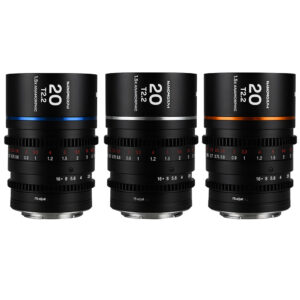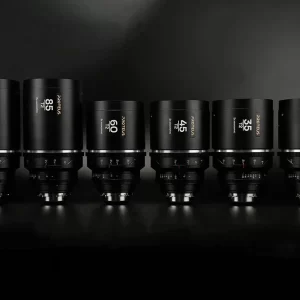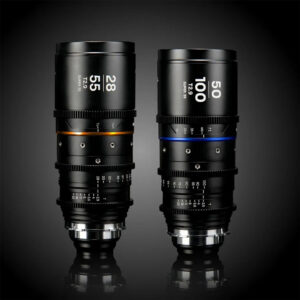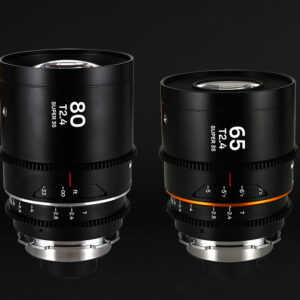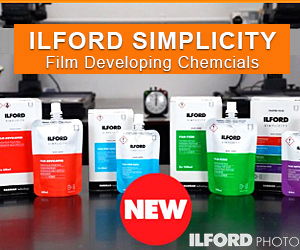Description
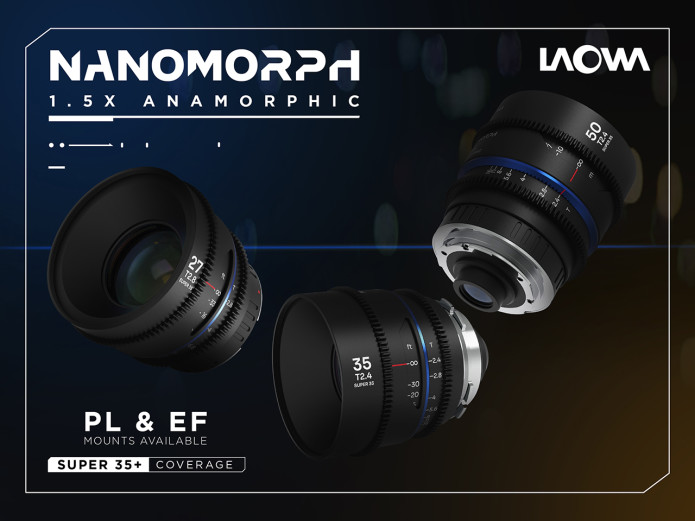

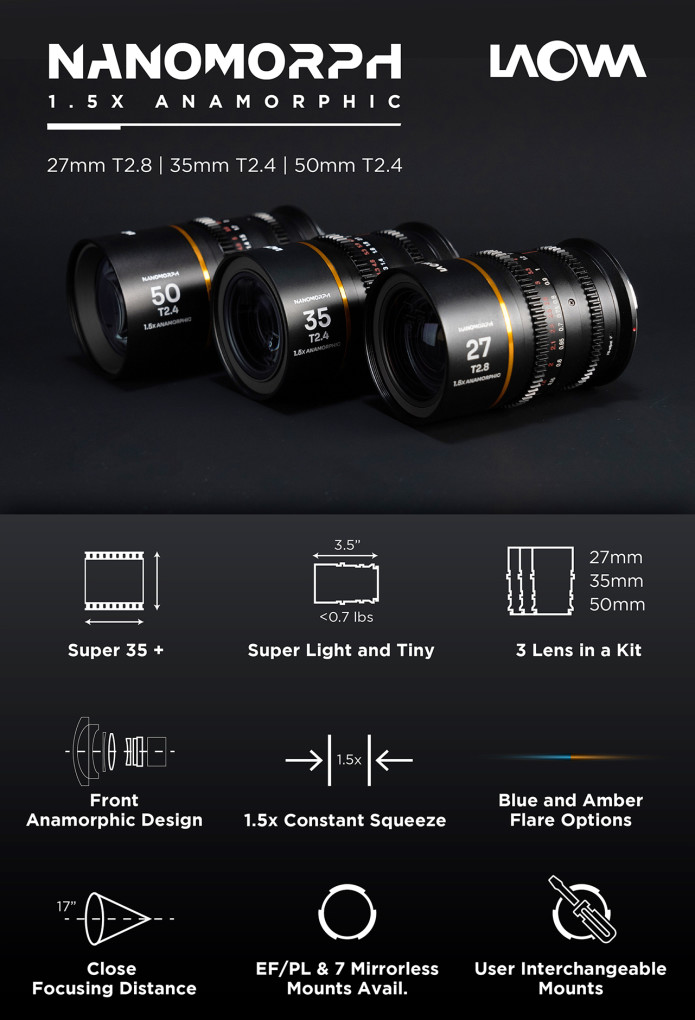
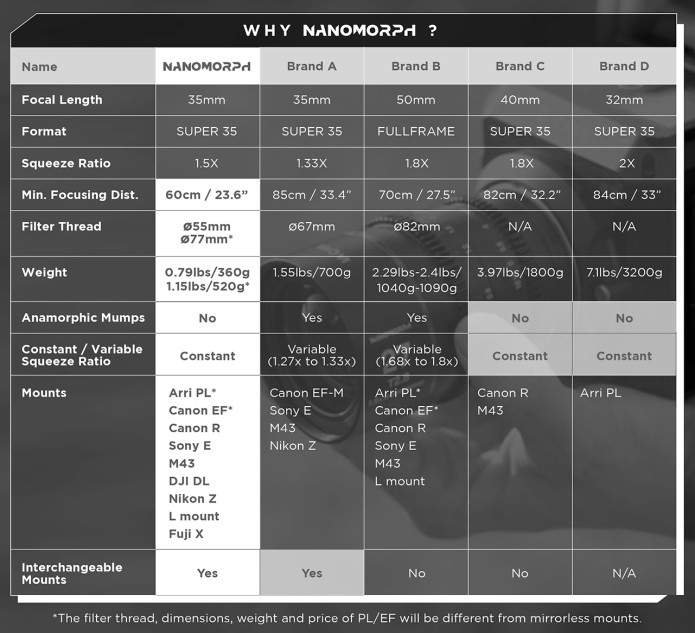

Anamorphic lenses are frequently used by big-budget Hollywood productions to achieve the cinematic widescreen perspective. Oval bokeh, horizontal flares and shallower depth of field are aesthetics which add a cinematic and artistic touch to your film.
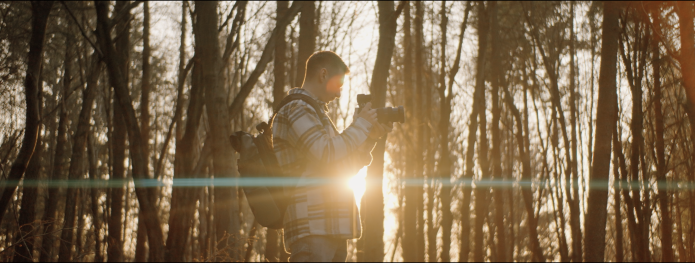

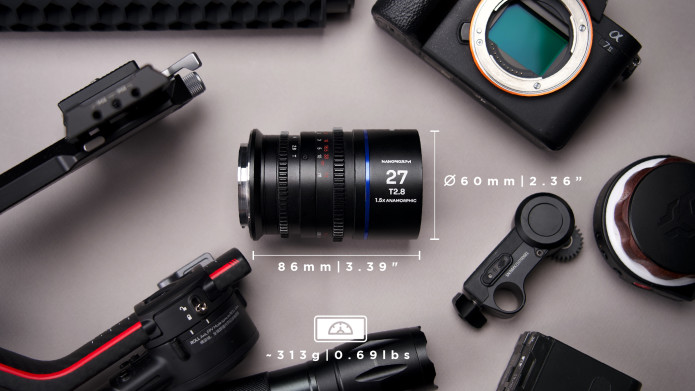

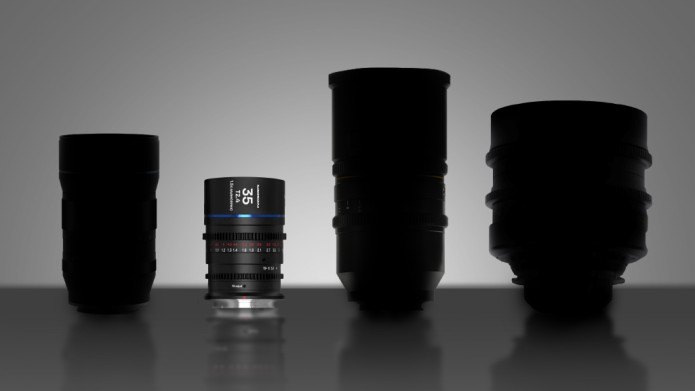
Anamorphic lenses are always Huge and Heavy. This revolutionary “NANO-sized” lens weighs less than 0.7 lbs (320g) and is only 3.54″ (9cm) long, making it very handy for every set-up e.g. handheld, on a gimbal, on a slider, through tight space, even on a drone, etc. It makes a lot of formerly impossible shots possible.
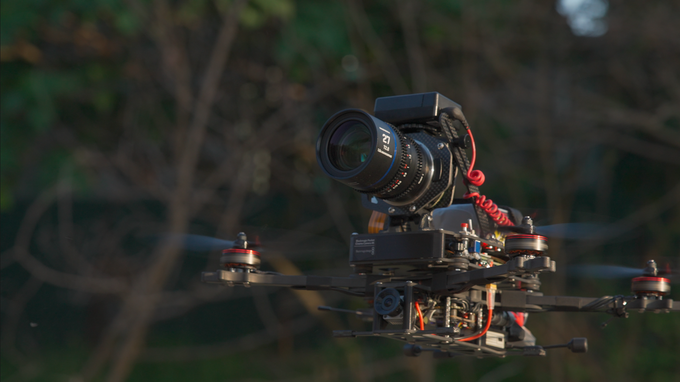
Most anamorphic lenses in the market cannot be lifted on drones with the weight limitations. This compactness of Nanomorph series opens up new possibilities and options for drone pilots.
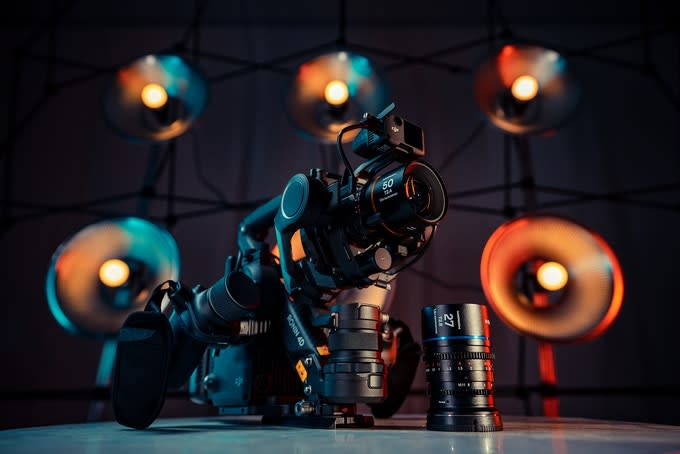
Compatible with DJI Ronin 4D
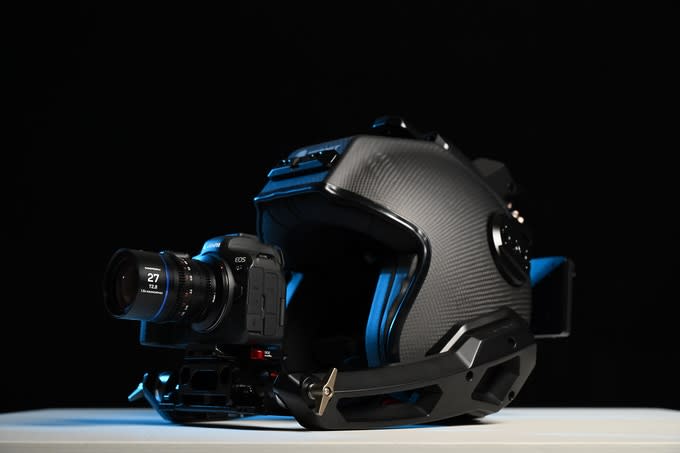
On a POV helmet
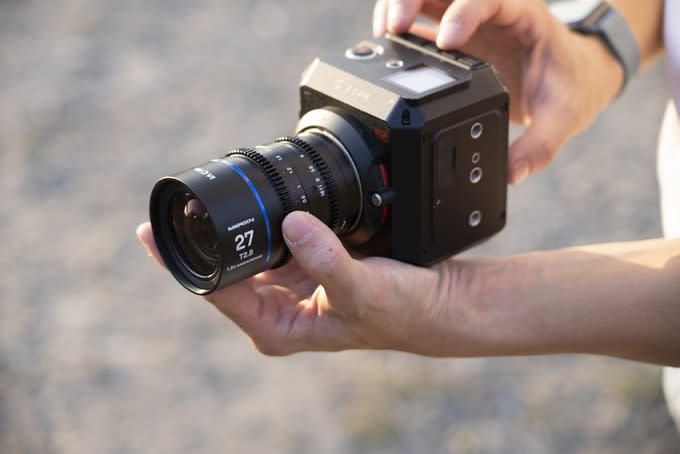
Handheld with no stabilization

© Masaru Nonoshita – Compatible with DJI RS2 Pro with 3D Focus System

© Keaton Bowlby – On gimbal

See the coverage testing on Full Frame.

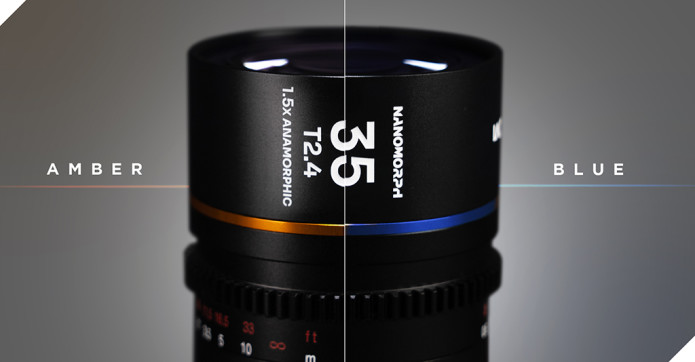
3 Flares options are available, Blue, Amber and Silver. Anamorphic lenses with blue flares are very common in the market and they fit perfectly with a sci-fi and cooler vibe . However, they do not necessarily go well with human skin tones. The new amber option we introduced, could deliver a warmer and passionate vibe which is suitable for narrative and day/night shots. The silver version gives different flare color based on the light source.
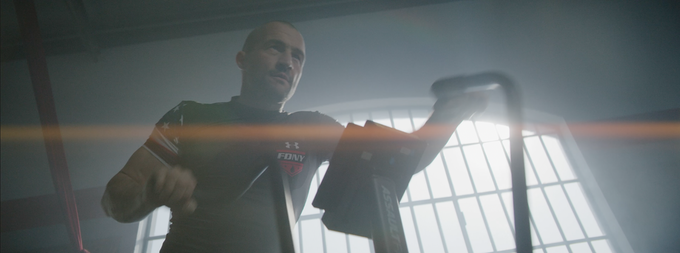
© Rawspektiv
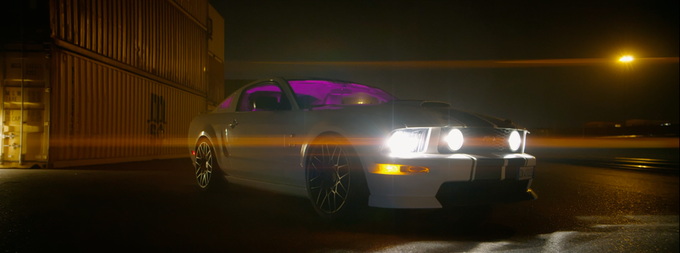
© Rawspektiv
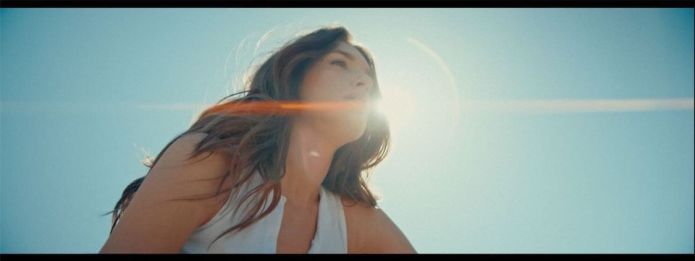
© Cammackey
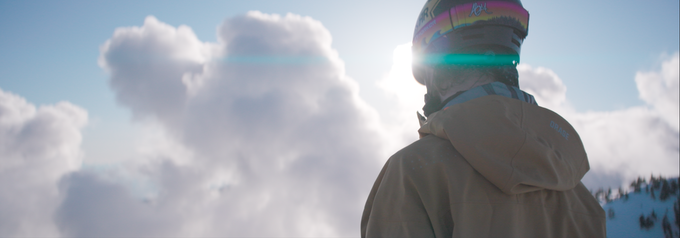
© Zachary Moxley
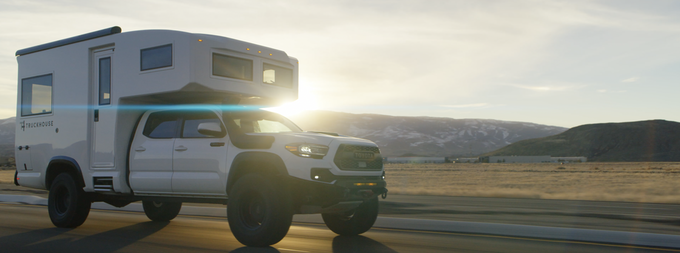
© Keaton Bowlby
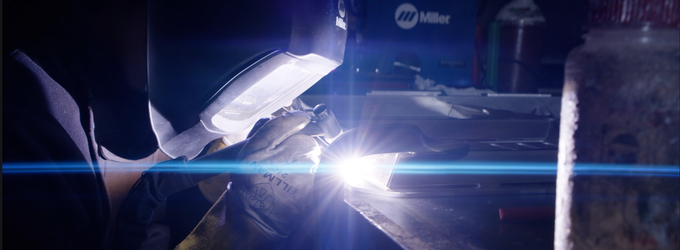
© Keaton Bowlby


From 16:9 to cinematic 2.4:1 widescreen
With a 1.5x squeeze, you will have a 2.66:1 on a 16:9 sensor after de-squeeze. Comparing to 1.33x anamorphic lens, Laowa Nanomorph delivers a much more pronounced anamorphic & cinematic look. For 1.8x/2x squeeze, the lens will become huge and a lot more image will be wasted when pairing with 16:9 sensor.
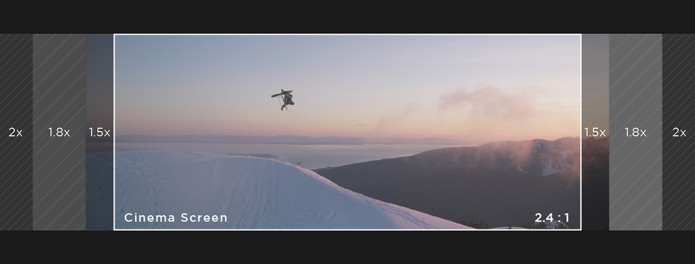
Spherical lens vs Anamorphic lens


Anamorphic Lens offers a more wider horizontal field of view and shallower depth of field than spherical lenses.
Three Focal Lengths
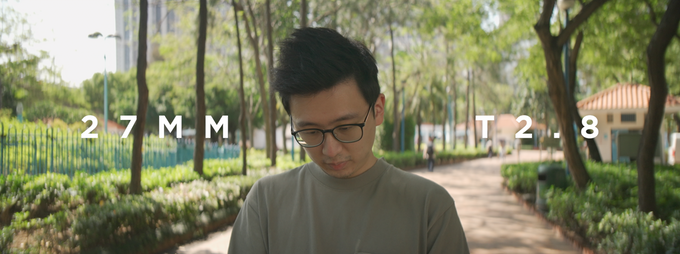
Nanomorph 27mm
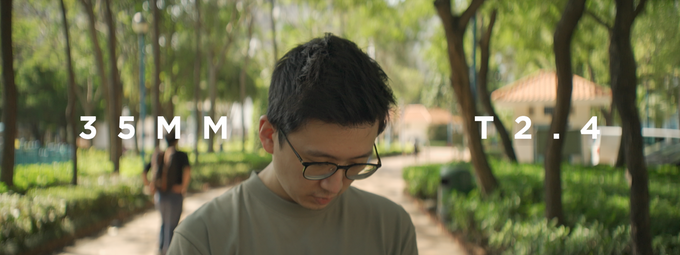
Nanomorph 35mm
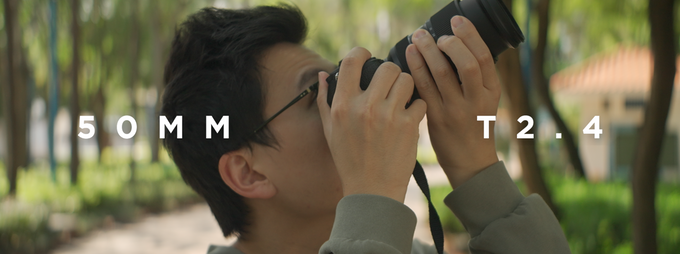
Nanomorph 50mm
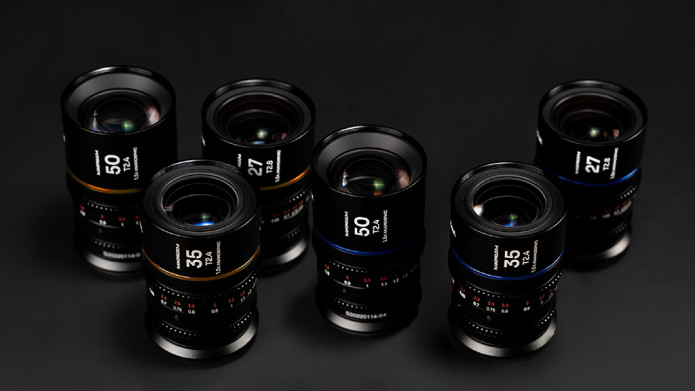

A 1.5x squeeze ratio also renders stretched oval bokeh which gives an artistic touch to the image.

© Alexandru Don – 50mm T2.4 1.5x

© David Tergemina – Trg.prod – 35mm T2.4 1.5x
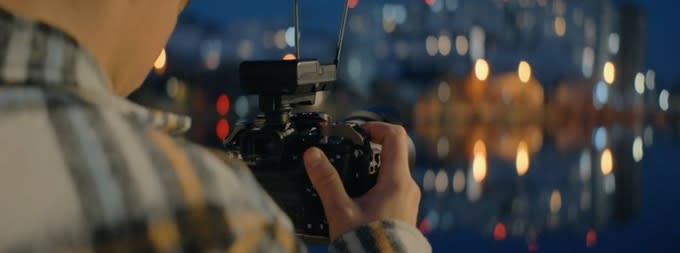
© Alexandru Don – 50mm T2.4 1.5x
A 1.5x squeeze ratio gives a stronger sense of compression and bokeh of more oval.
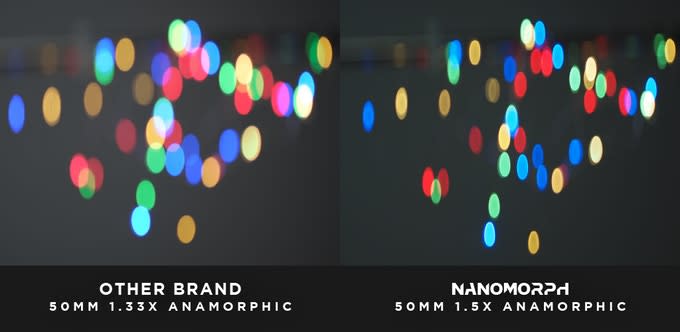

Anamorphic lenses tend to have longer closest focusing distance due to restriction of optical design. Nanomorph has one of the Shortest Close Focusing Distance among all anamorphic lenses in the market. Filmmakers could obtain a very close-up shots which renders much shallower depth of field and stronger bokeh. This offers a much higher flexibility in framing.
(From the subject to sensor)
Nanomorph 27mm T2.8 1.5x Cine – 43cm / 16.9″
Nanomorph 35mm T2.4 1.5x Cine – 60cm / 23.6″
Nanomorph 50mm T2.4 1.5x Cine – 70cm / 27.5″
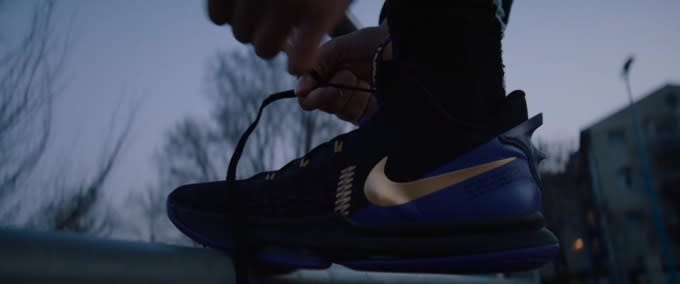
© Rawspektiv – 35mm T2.8 1.5x

© David Tergemina – Trg.prod – 35mm T2.4 1.5x
NO ANAMORPHIC MUMPS
In some cheaper anamorphic lenses with synchro focus design in the market, the squeeze ratio varies when focus close and hence changes the actual size of the subject. That’s what we called anamorphic mumps. There is no way to correct in post and is not usable in professional shootings. Our Nanomorph guarantees a constant squeeze ratio at ALL focusing distance.
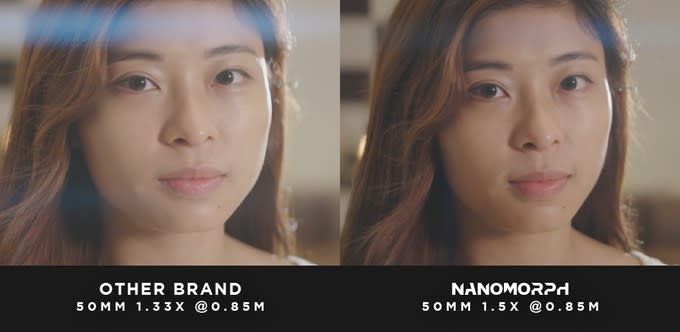

For cheaper anamorphic lenses, anamorphic mumps made the lens un-usable at a closer distance (e.g. a 1.8x lens will become 1.62x when focused at 0.7m). For more professional designs out there, the lens is bulky and costs a fortune. That’s the reason why Laowa decided to develop and invented this unique patented anamorphic design to guarantee a uniform squeeze ratio, promising optical quality, tiny size and affordable price which solves the struggles of every anamorphic user.

The anamorphic blocks are put behind the spherical elements and the focusing groups. These two groups compress the image, and hence the smaller anamorphic blocks can be used, which makes the lens tinier. Moreover, the image is formed and focused before the anamorphic blocks which maintains a constant squeeze ratio no matter if the focus changes.

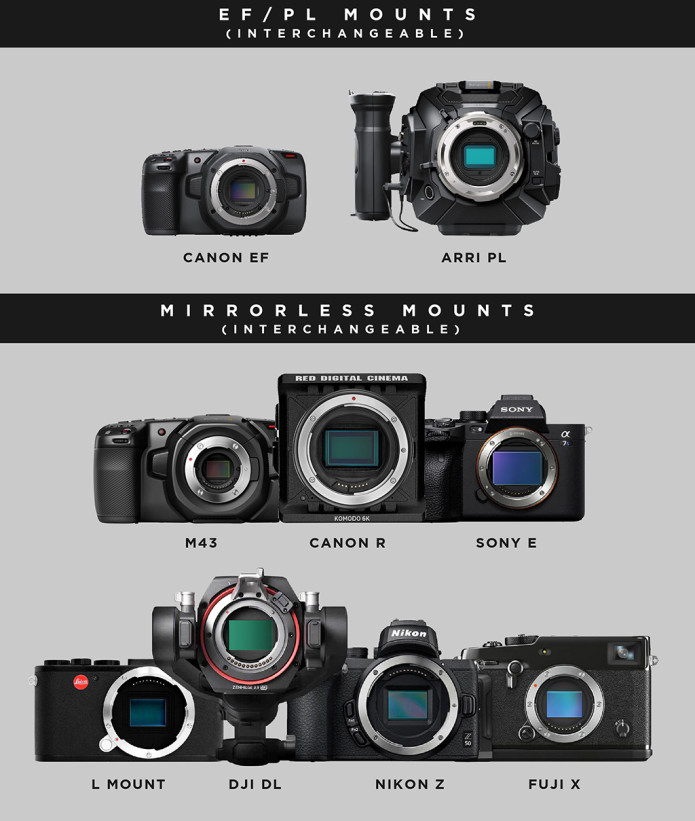
We currently offer 2 different versions of Nanomorph. Mirrorless version & EF/PL version,
For EF/PL version, Both EF & PL Mounts are included in the box and the mounts are user inter-changeable.
For Mirrorless version, Canon RF, Sony E, M43, DJI DL, Nikon Z, L mount and Fuji X are available and they are also interchangeable. Each lens will come with ONE single mount bayonet. -> Tutorial

Unified gear position
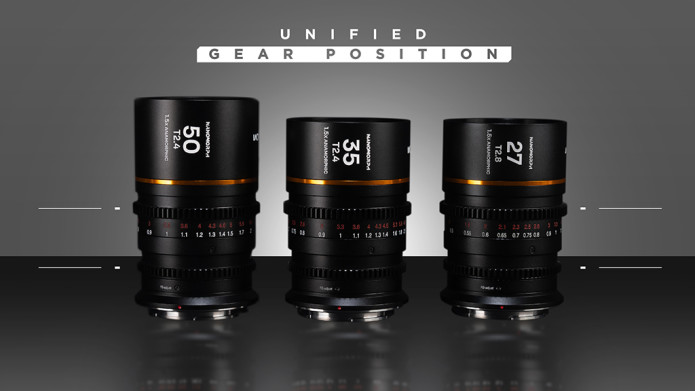
The unified gear position allows users to switch lenses quickly and without readjustment on the focus gear.
55mm filter thread for screw-in filters
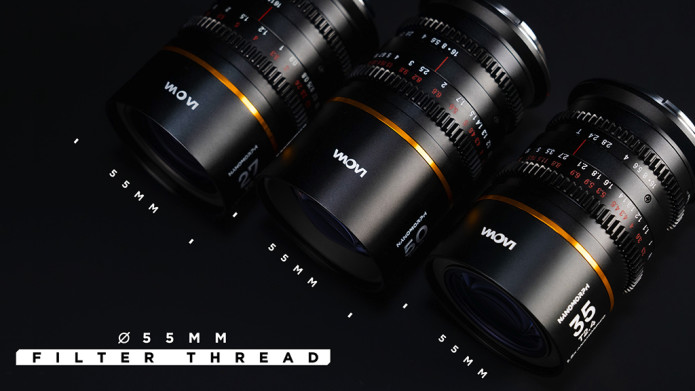
55mm filters can be attached directly on the lens which filmmakers can combo a handy set-ups. It is favorable when doing a Run-And-Gun shot or flying it with a drone.
0.8 Mod Gear
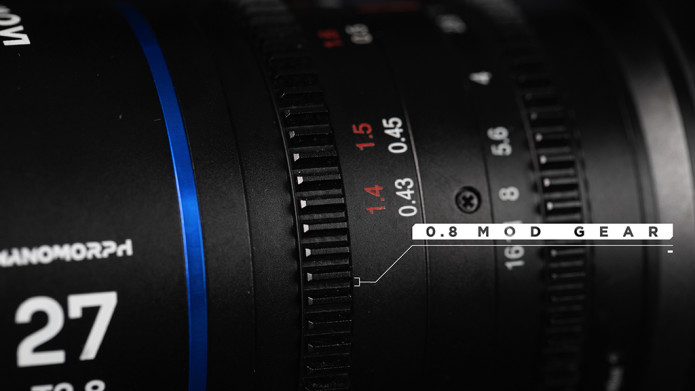
Industry standard 0.8 mod gear is installed on both aperture and focus rings.
Flange adjustment
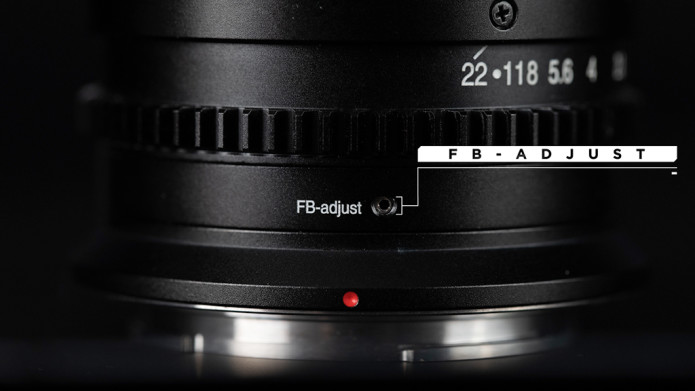
Filmmakers could fine tune the back focus quickly by a 0.9mm hex key (included in the package), which ensures the scale is still accurate and aligned after changing cameras. Watch the tutorial here.
Dual Scale
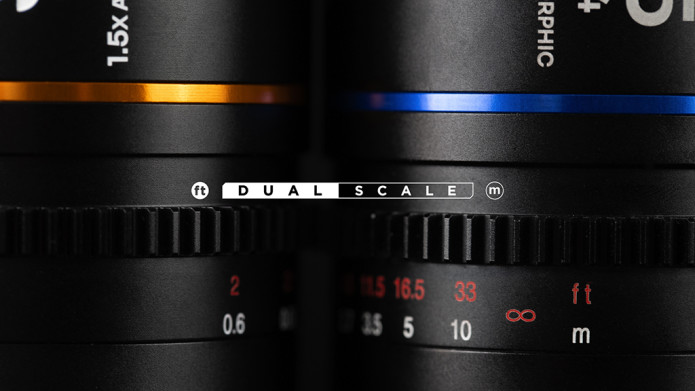
Both imperial and metric scale are printed on the lens body.
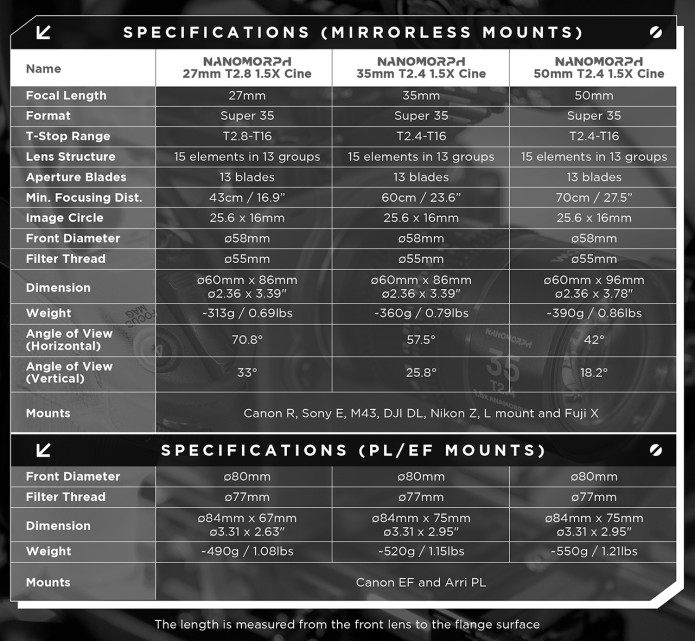
Moving Forward
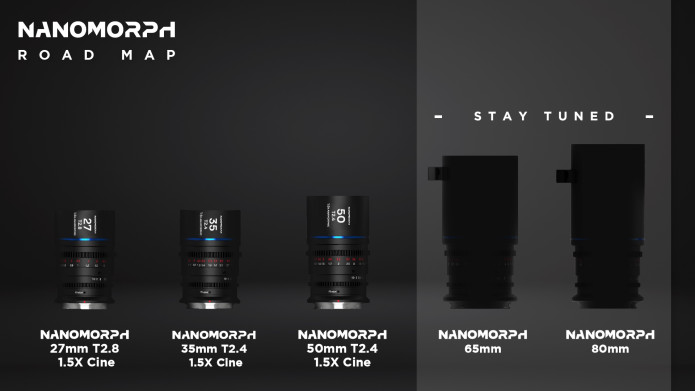
More focal lengths (65mm and 80mm) will be introduced later this year.
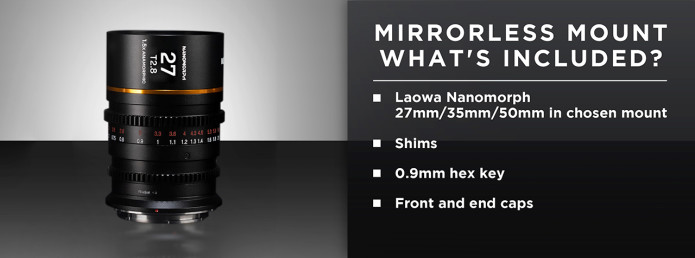


![Laowa PL/EF - Nanomorph 1.5X Anamorphic [27mm T2.8 / 35mm T2.4 / 50mm T2.4]](https://www.laowalenses.ca/wp-content/uploads/2022/07/PL_EF_Nanomorph.jpg)
